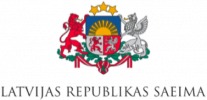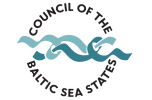On 1-2 February 2024, the meeting of the Natural Resources and Environment Committee of the Baltic Assembly took place in Tallinn, Estonia.
During the first session of the meeting, parliamentarians, government representatives and experts discussed biodiversity, species protection, and wild animal welfare in the Baltic States. Chair of the Natural Resources and Environment Committee of the Baltic Assembly Romualdas Vaitkus emphasised that biodiversity is essential to human development and protecting nature. Biodiversity protection also includes the welfare of wild animals, like their health and natural living. “For this reason, several countries have recently banned or restricted wild animals in circuses, including all the Baltic States,” he stated.
Chief Veterinarian-Deputy Director of the Lithuanian Sea Museum Žilvinas Kleiva introduced the participants to the work of the Baltic Sea Animal Rehabilitation Centre which is located in Klaipeda, Lithuania, and cares for seals and other marine animals. The most important activities of the centre also include education, monitoring and research. Afterwards, the government representatives informed about the level of protection of biodiversity in each country. Experts and parliamentarians concluded that the Baltic States are cooperating to ensure the welfare of all kinds of species – this includes the exchange of information and good practices at various levels, having common positions in EU and international negotiations, as well as the organization of expert workshops and other meetings. At the same time, cooperation could be enhanced through the implementation of the EU Birds and Habitats directives, EU Biodiversity Strategy 2030, as well as on migratory species (such as birds and large carnivores).
During the second session of the meeting, Chair of the Natural Resources and Environment Committee Romualdas Vaitkus emphasized that animal welfare is important not just for protecting climate and biodiversity, but also for ensuring food safety as increasing animal welfare standards is important as it can also reduce the need for antibiotics. Another related topic is the outbreaks of animal diseases, such as African swine fever and bird flu. “Early detection of sick animals and reporting and sharing of information with neighbouring countries are important steps for controlling such epidemics,” he noted.
Member of the Baltic Animal Welfare Network and Professor at the Estonian University of Life Sciences David Arney informed about some of the main instruments for cooperation in the field, such as the Baltic Animal Welfare Network, which brings together animal welfare scientists and other interested parties and encourages them to exchange knowledge and information on animal welfare. Director General of the Food and Veterinary Service of Latvia Māris Balodis stated that in the veterinary services, cooperation between the Baltics takes place daily, for example, in agreeing on common positions. Chief Veterinary Officer at the State Food and Veterinary Service of Lithuania Vaidotas Kiudulas added that as each of the Baltic countries has national databases for registering domestic animals, it would be useful to discuss having a common platform. Lastly, Animal Health and Welfare Adviser at the Food Safety Department at the Ministry of Regional Affairs and Agriculture of Estonia Kadri Kabel informed the Baltic countries should adhere to the one health principle to sustainably balance and optimize the interdependent health of animals, people, and ecosystems to tackle all of the discuss challenges.
Lastly, the parliamentarians discussed harmonising approaches and encouraging joint recycling projects. Adviser at the Circular Economy Department at the Ministry of Climate of Estonia Laurina Šinkejeva informed about the PACKGDEPO project, which raised awareness of packaging deposit and developed a strategic approach to harmonizing packaging deposit systems in the Baltic States. As a result, over 360 participants from Latvia and Estonia attended the project events and more than 85 000 citizens were influenced to separate their waste. Approximately 3054 sessions of returning the packages were done during the pilot period. Three months after the pilot period, packaging with a common barcode formed almost a quarter of all collected packages across two countries. To decide the best implementation scenario for the future, a more detailed analysis needs to be conducted.
Photos
© Riigikogu, Erik Peinar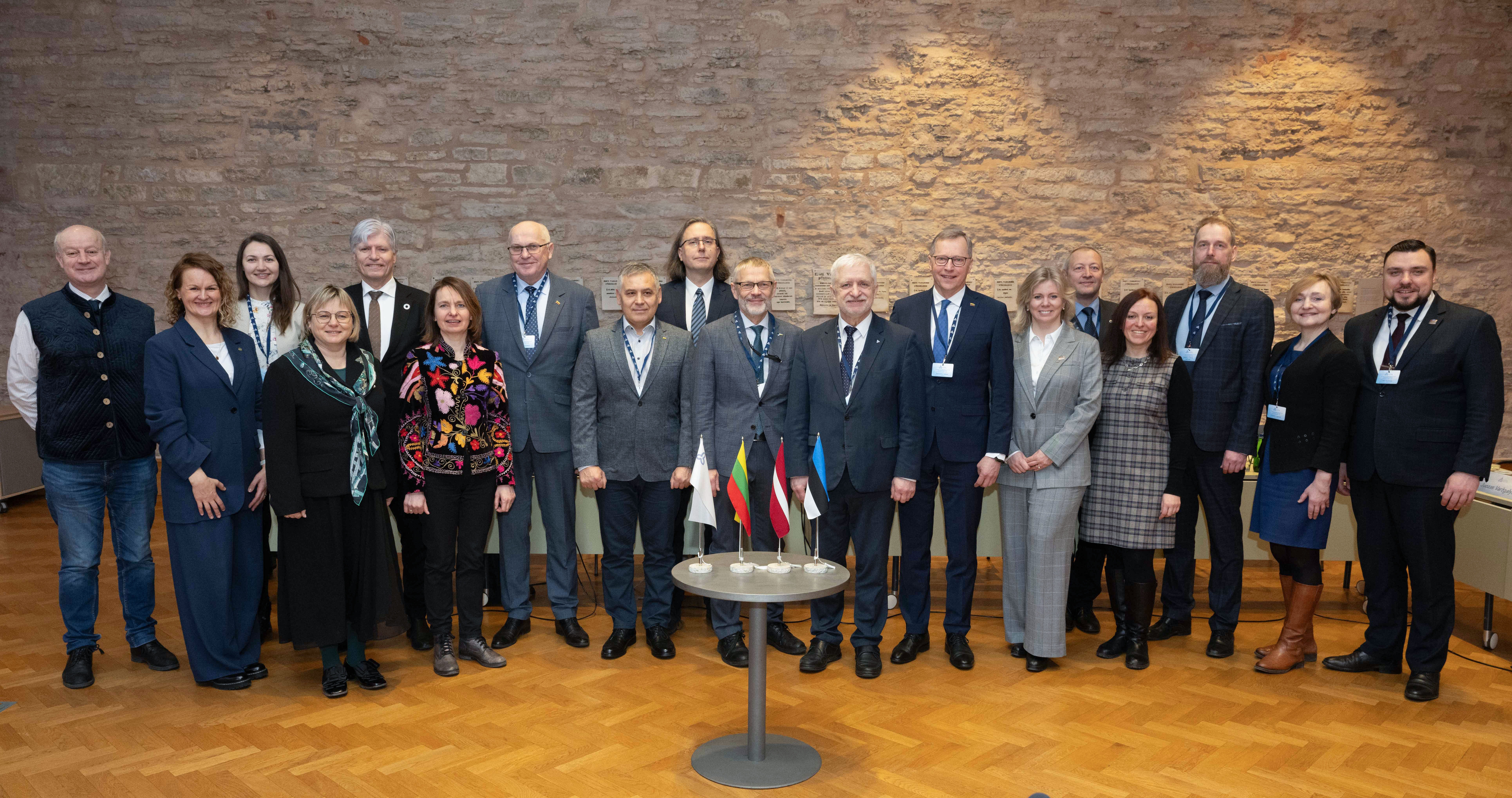
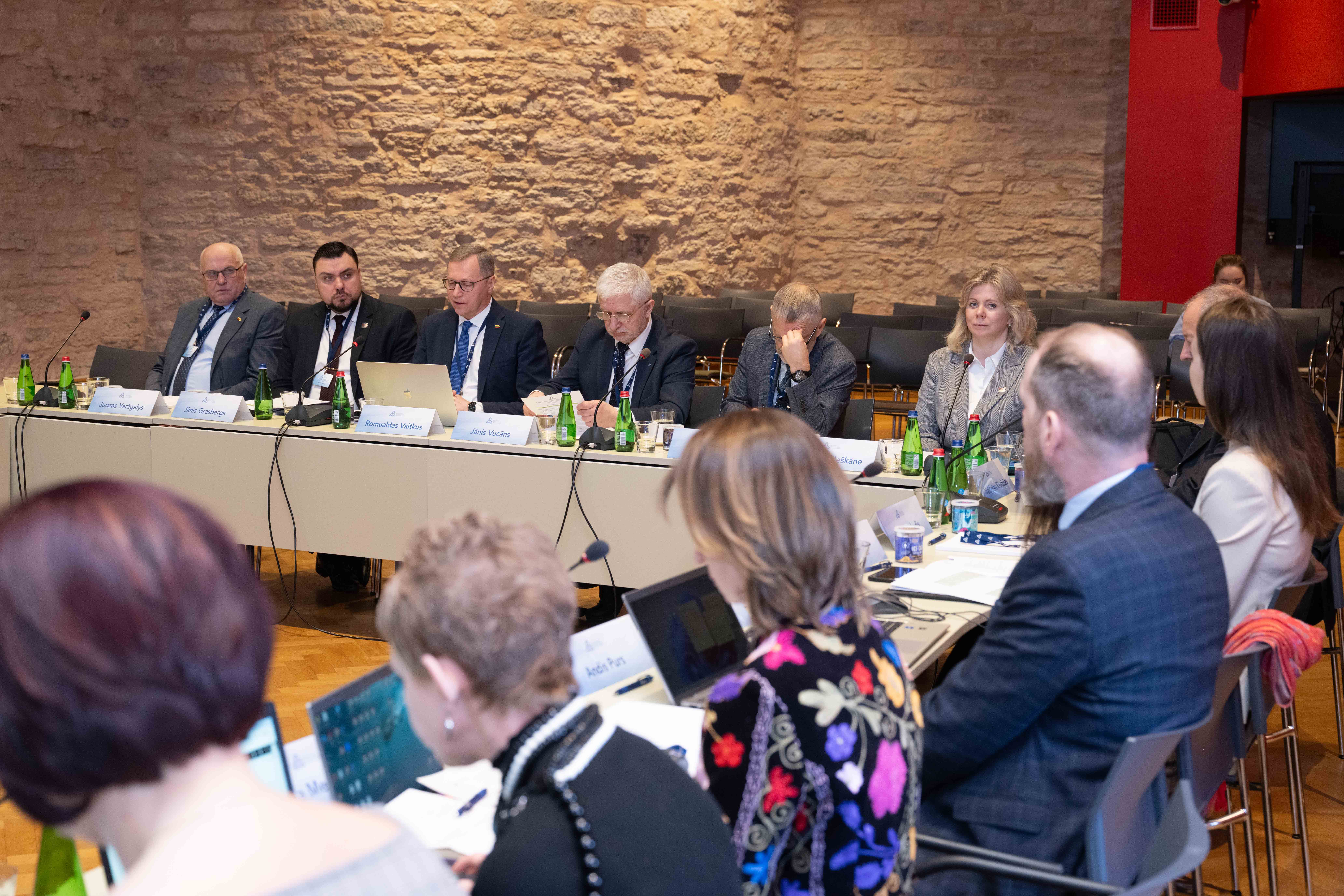
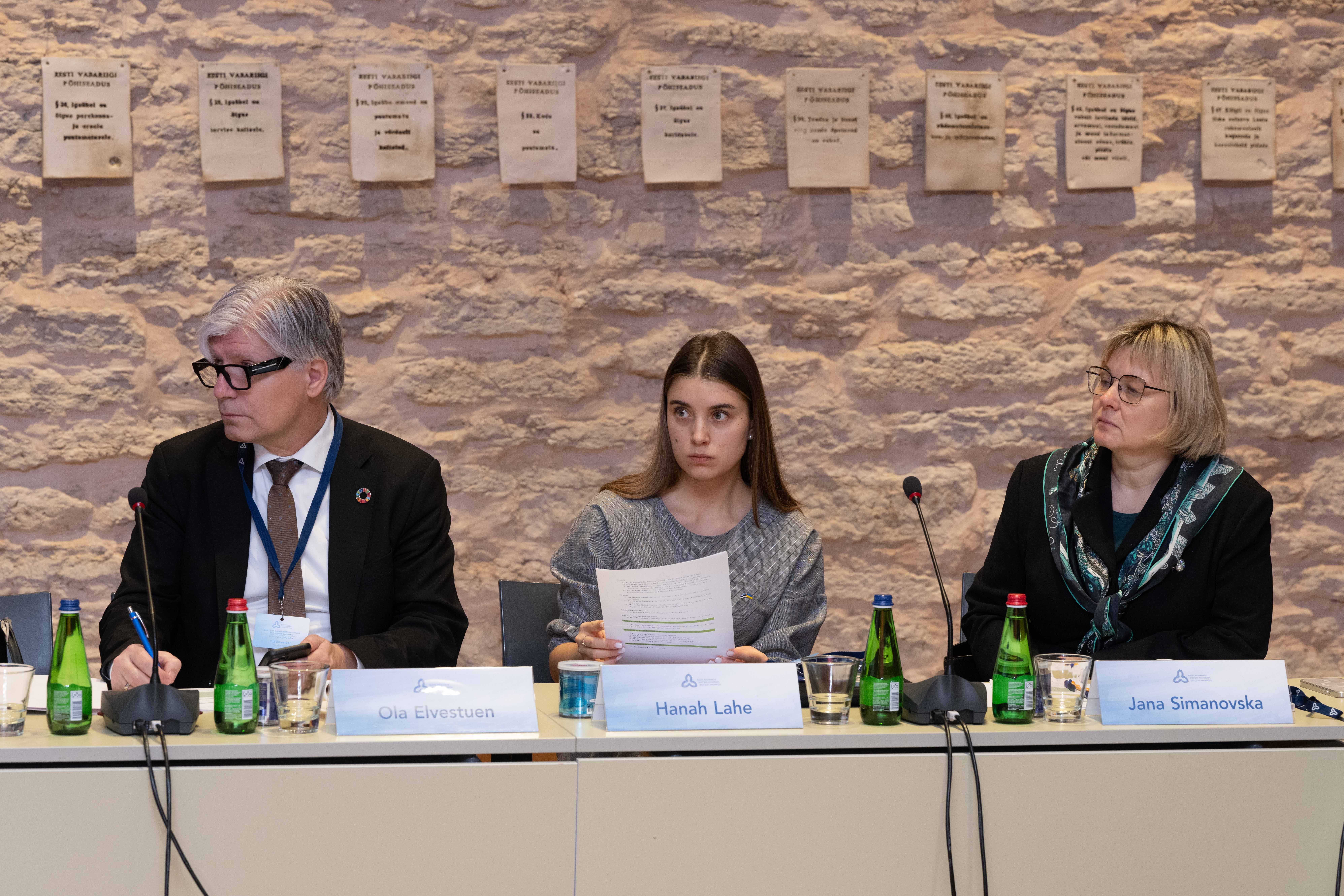
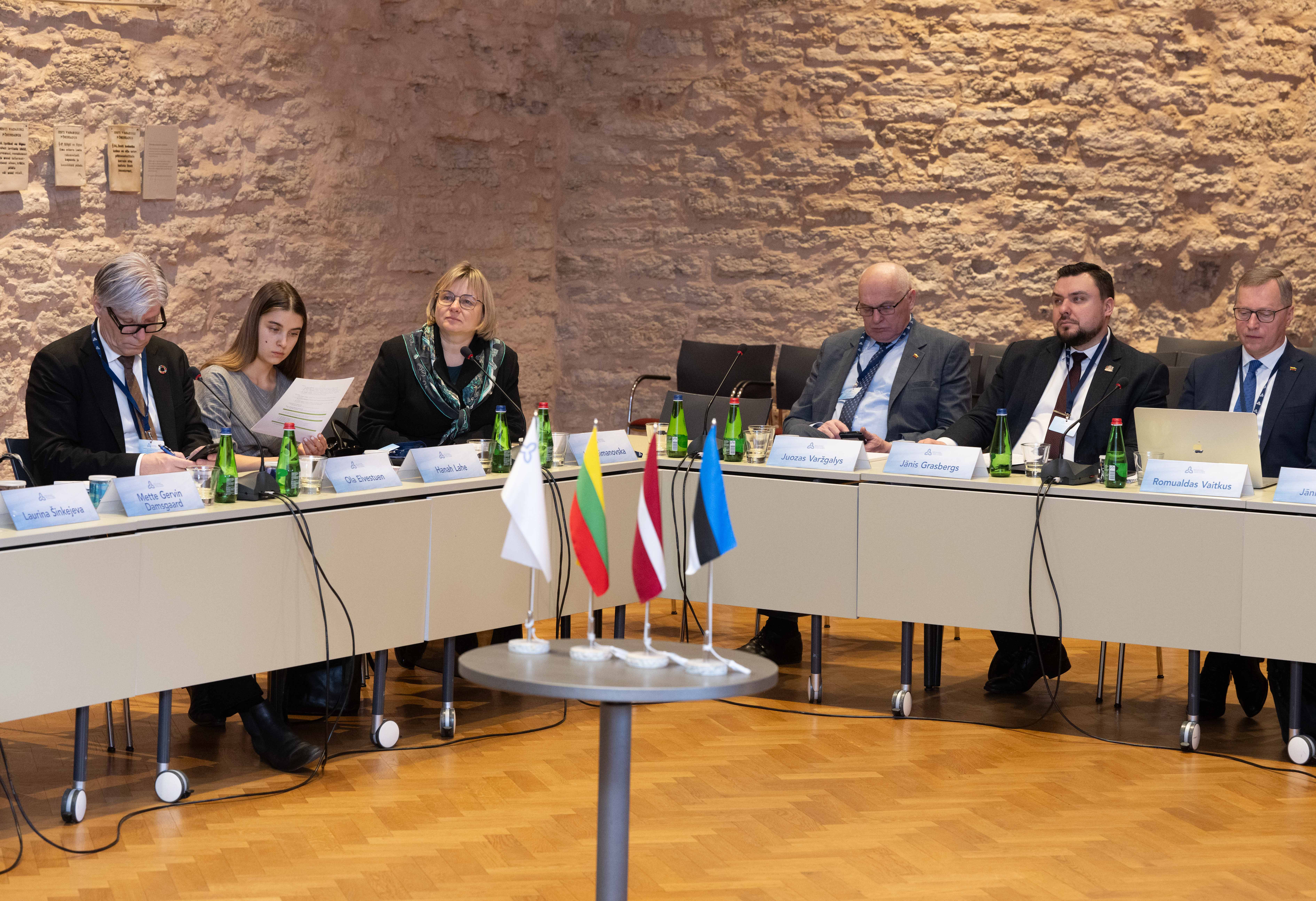
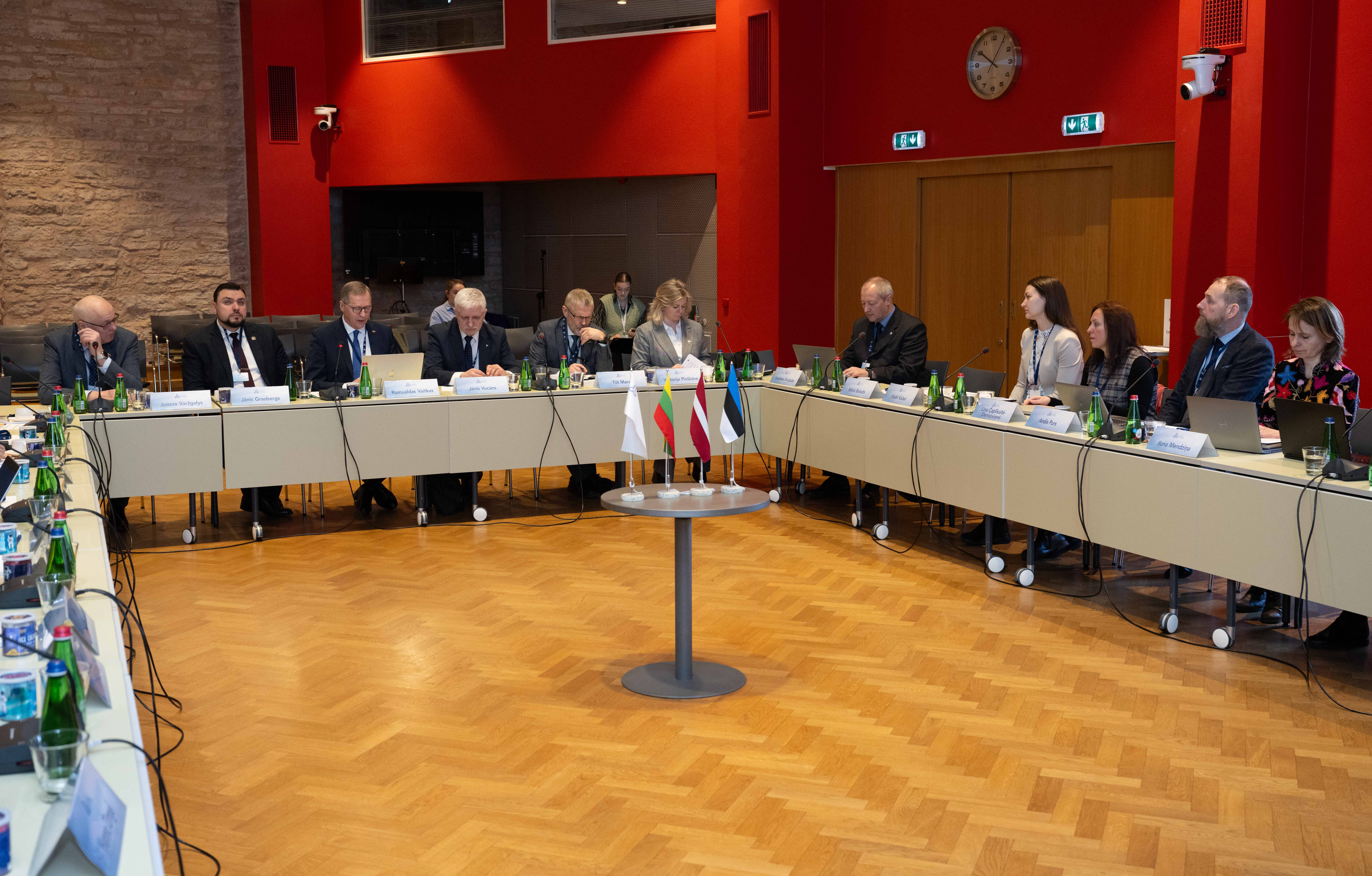
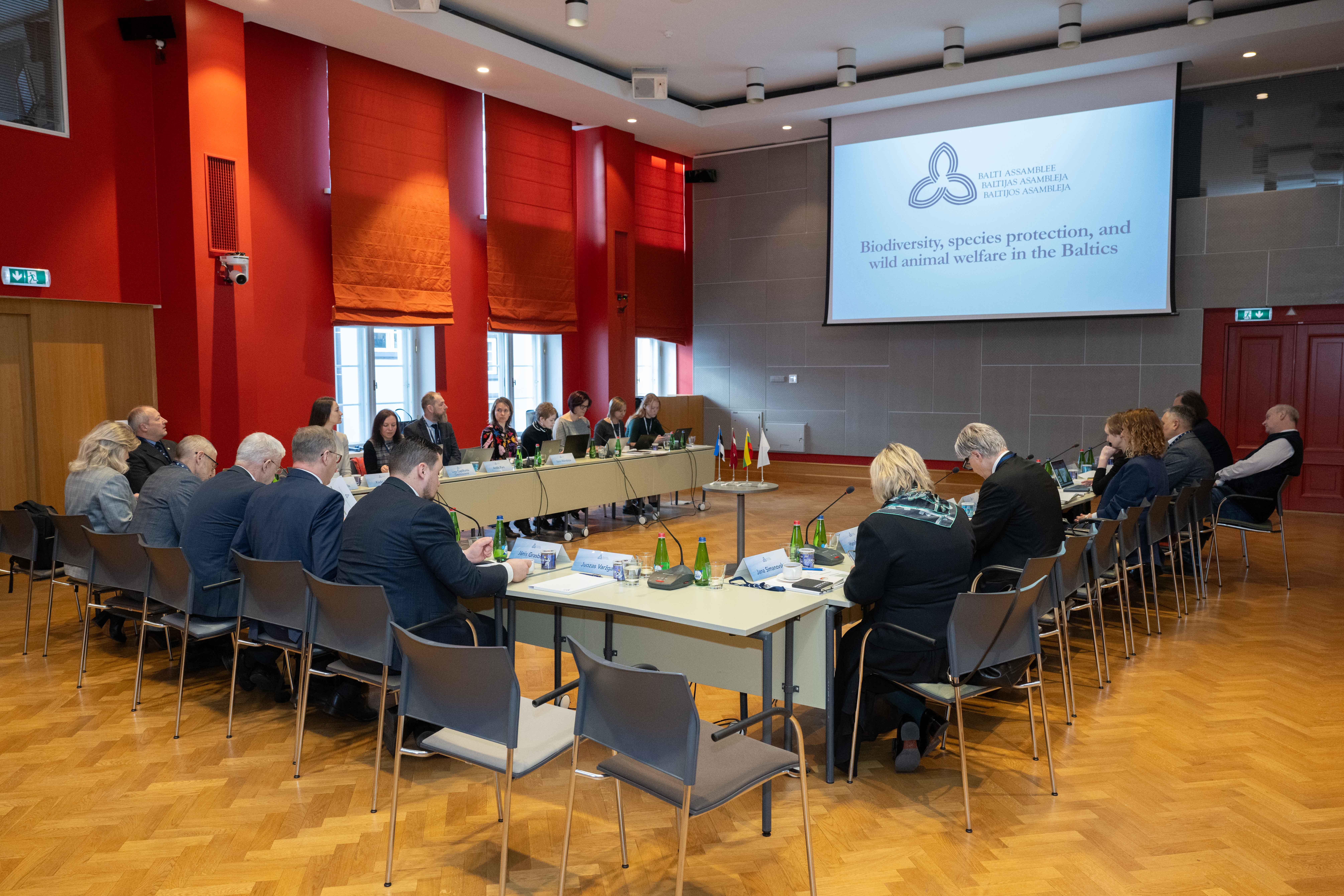
 Print
Print 

